Scars of History
Point of Ignition
Tarsus, 41 BCE. The river Kydnos carries purple sails, and the air trembles with the sound of flutes. Cleopatra, Queen of Egypt, glides into the city like a drug in a vein—luxury, calculation, theater. Mark Antony, Roman triumvir, waits at the forum, but the crowd is no longer his. It belongs to her. This is no meeting. It’s a detonator disguised as a feast. If only they knew then that their handshake was the first crack before the collapse of Rome, Egypt, and their own bones. But who looks at cracks when gold blinds the eyes?
Chronicle of Decay
Tarsus—a port in Cilicia where the sea kisses the land, and trade routes intertwine like veins beneath skin. Antony summoned Cleopatra here to interrogate her: why did Egypt support Cassius, the enemy of the triumvirate? But Cleopatra didn’t come to trial. She arrived as a goddess. Her ship—a gilded hallucination: silver oars, scents, servants playing nymphs. She is Aphrodite, and Antony is no longer a judge but a spectator.
The feast on board is no mere dinner. It’s a code that hacks his will. Tables groan with delicacies, torchlight dances on jewels, and Cleopatra speaks a language Antony understands: power, money, war. She promises gold and a fleet for his Parthian campaign. He offers protection for her throne. A deal? No, a trap. They drink, they laugh, and somewhere in the shadows, twins are conceived—Alexander Helios and Cleopatra Selene.
By morning, Tarsus is different. Antony heads to Alexandria, forgetting Rome. Cleopatra reclaims Egypt, executing her sister. And the river Kydn flows as if nothing happened. But something did. The seed of civil war is sown. Octavian, the second triumvir, is already sharpening his knife.
Ruins of Decisions
Tarsus became the stage where Rome began to crack at the seams. The alliance between Antony and Cleopatra sparked a war with Octavian, the Battle of Actium (31 BCE), and their downfall. Egypt became a Roman province, Cleopatra a legend, Antony a traitor in Rome’s eyes. Tarsus? It survived, but its glory faded. Ports, walls, dust—and the Gates of Cleopatra—remain. Archaeologists will find coins bearing Cleopatra’s profile, but the river Kydnos no longer remembers her sails.
Culturally, their meeting is like a virus that mutated into art. Shakespeare, films, paintings. Cleopatra is an icon, Antony a puppet of passion. Politically? It was the nail in the republic’s coffin. Octavian became Augustus, Rome an empire. And on the bones of their love grew a myth, still sold in souvenir shops today.
Shadows at the Edge of Reason
History is not a chronology but a relapse. Tarsus is a mirror where we see ourselves: greedy, blind, ready to set the world ablaze for one night. Cleopatra knew what she was doing. Antony did not. But who is to blame? Her, for playing on his weaknesses? Him, for yielding? Or us, repeating their mistakes in new settings? The meeting in Tarsus is not about love. It’s about how power and desire tear the fabric of the world, and we later call it fate. And forget. Until the next explosion.
How Did We Get There?
Tarsus is a city in modern Turkey, Mersin Province. You can reach it from Istanbul by plane to Mersin COV Airport (1.5 hours), then by bus to Tarsus (20 minutes). What remains? The ruins of Cleopatra’s Roman bridge, though it postdates their meeting. The ancient road, the Gates of Cleopatra—a tourist myth, but the atmosphere lingers. Donuktaş—a temple, then a palace—older than Rome and surely a witness to this encounter. The Tarsus Museum holds coins and sarcophagi, but Kydnos is the true witness. Stroll along the embankment, breathe in the dust. Here, the river, now greatly shallowed, merely whispers of purple sails.
Echo in the Void
I stand by the Kydnos, and it feels like time is a river that carries everything away but leaves a residue. Cleopatra and Antony are not heroes, not villains. They are us, just without filters. Their choices are like ours, only louder. I look at the water and wonder: how many more such meetings await the world? How many more sails will flare up to burn out? Tarsus is silent, but its stones know the answer.
#VoiceOfRuins, #ГолосРуин, #ScarsOfHistory, #PointOfIgnition, #ChronicleOfDecay, #RuinsOfDecisions, #ShadowsAtTheEdgeOfReason, #HowDidWeGetHere, #EchoInTheVoid, #Cleopatra, #MarkAntony, #Tarsus, #RomanRepublic, #Cilicia, #KydnRiver, #Octavian, #BattleOfActium, #Egypt, #CivilWar, #LoveAndPower #Kydnos










Our Telegram-channel: Voice Of Ruins https://t.me/Voice_Of_Ruins
Our Instagram: Voice Of Ruins https://www.instagram.com/voiceofruins/
Our group on Facebook: Voice Of Ruins https://www.facebook.com/share/g/16aitn9utM/
Our site: Voice Of Ruins https://www.voiceofruins.org


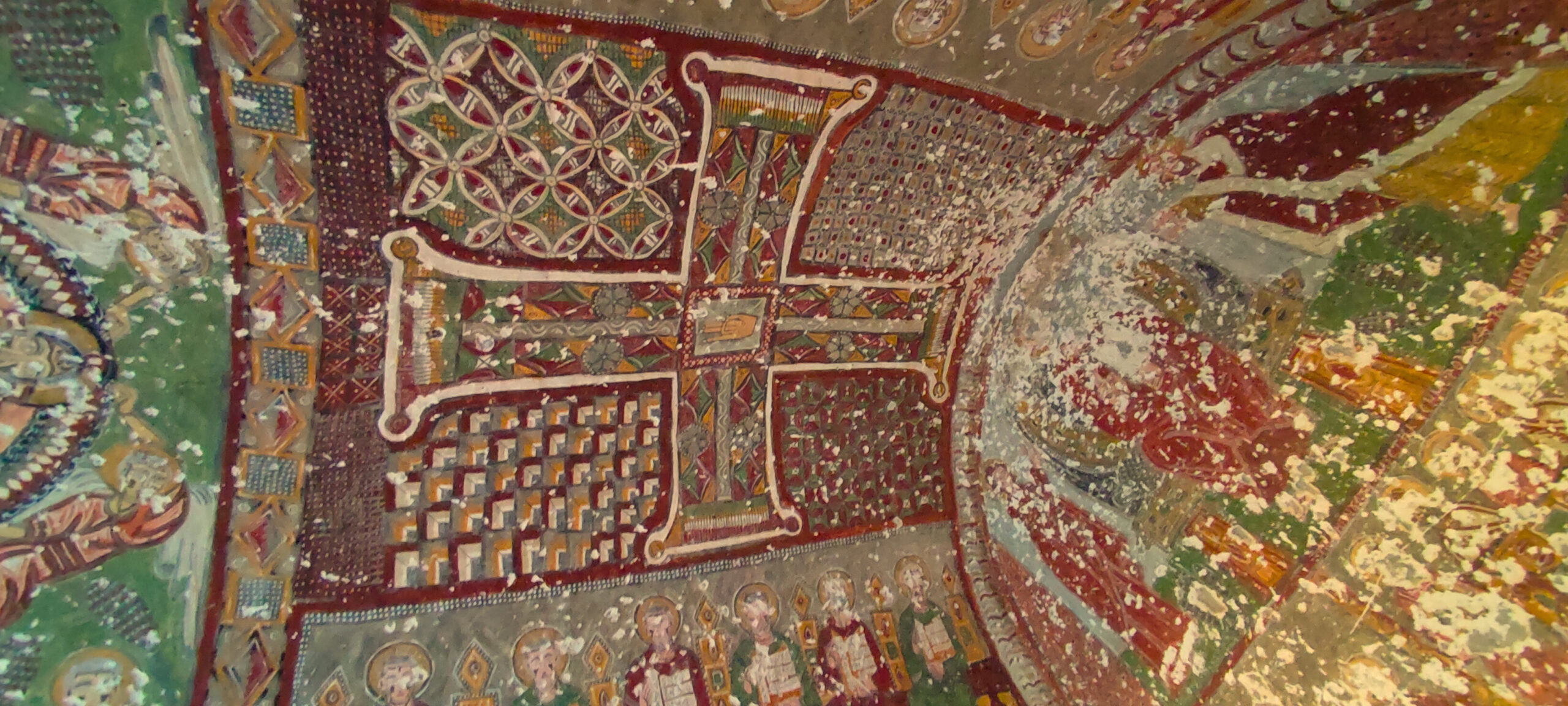
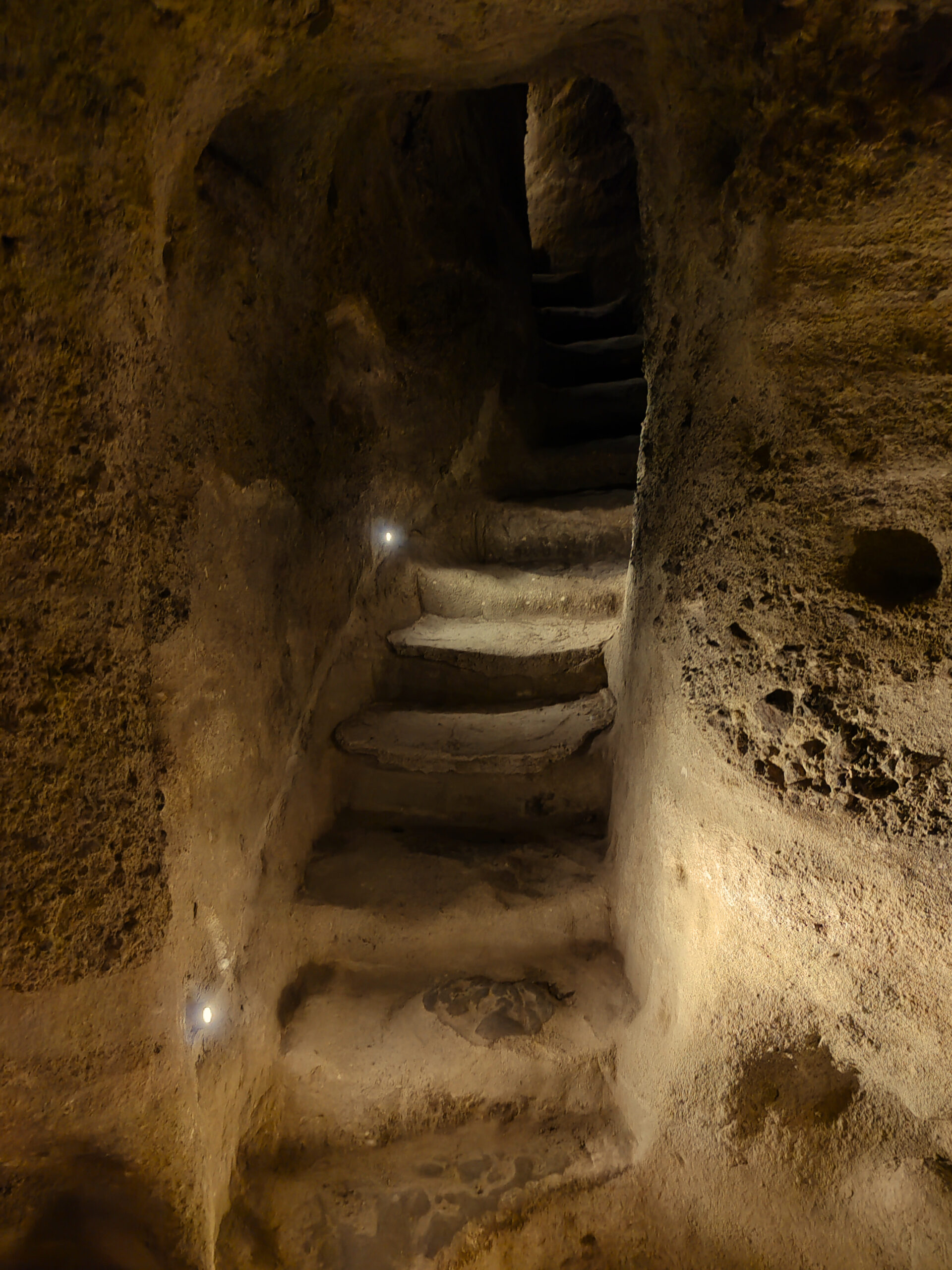
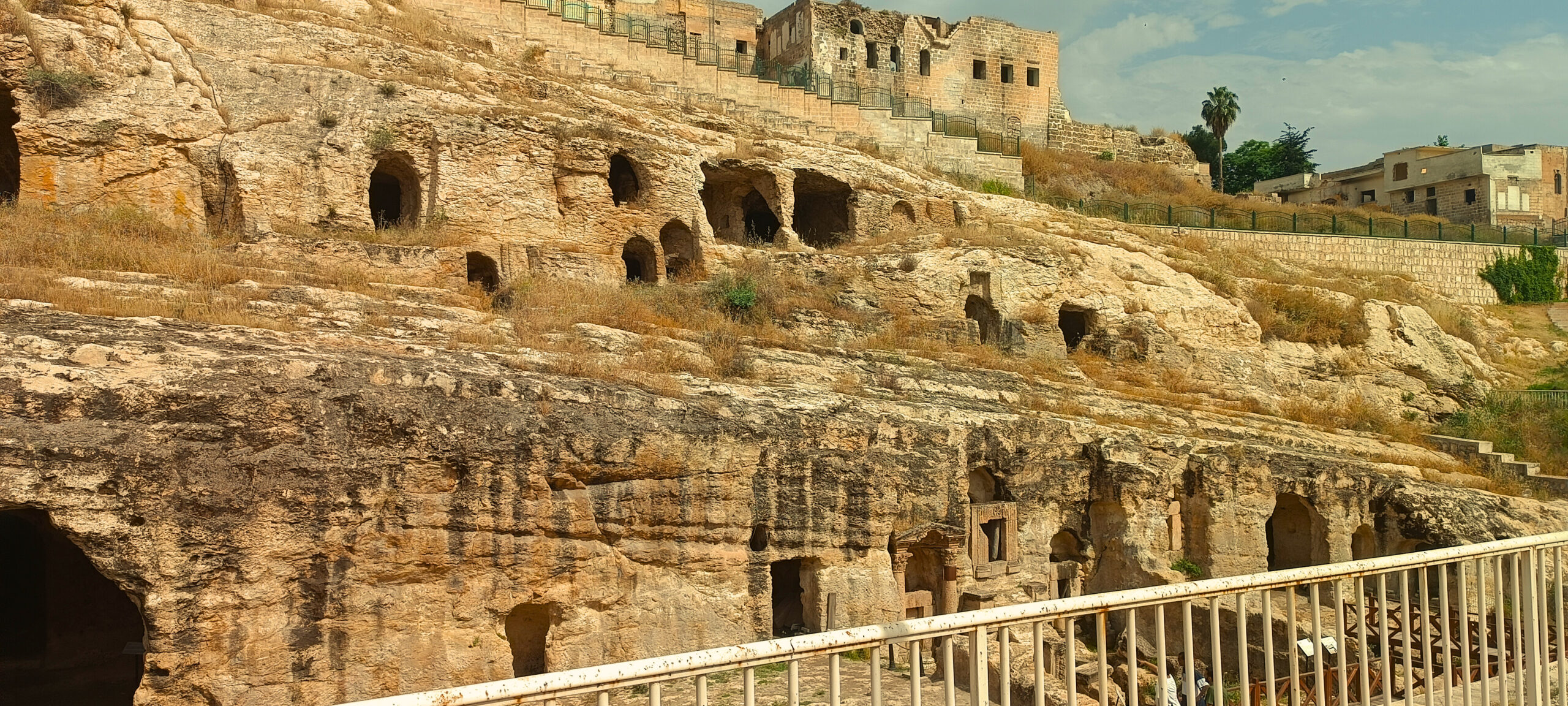
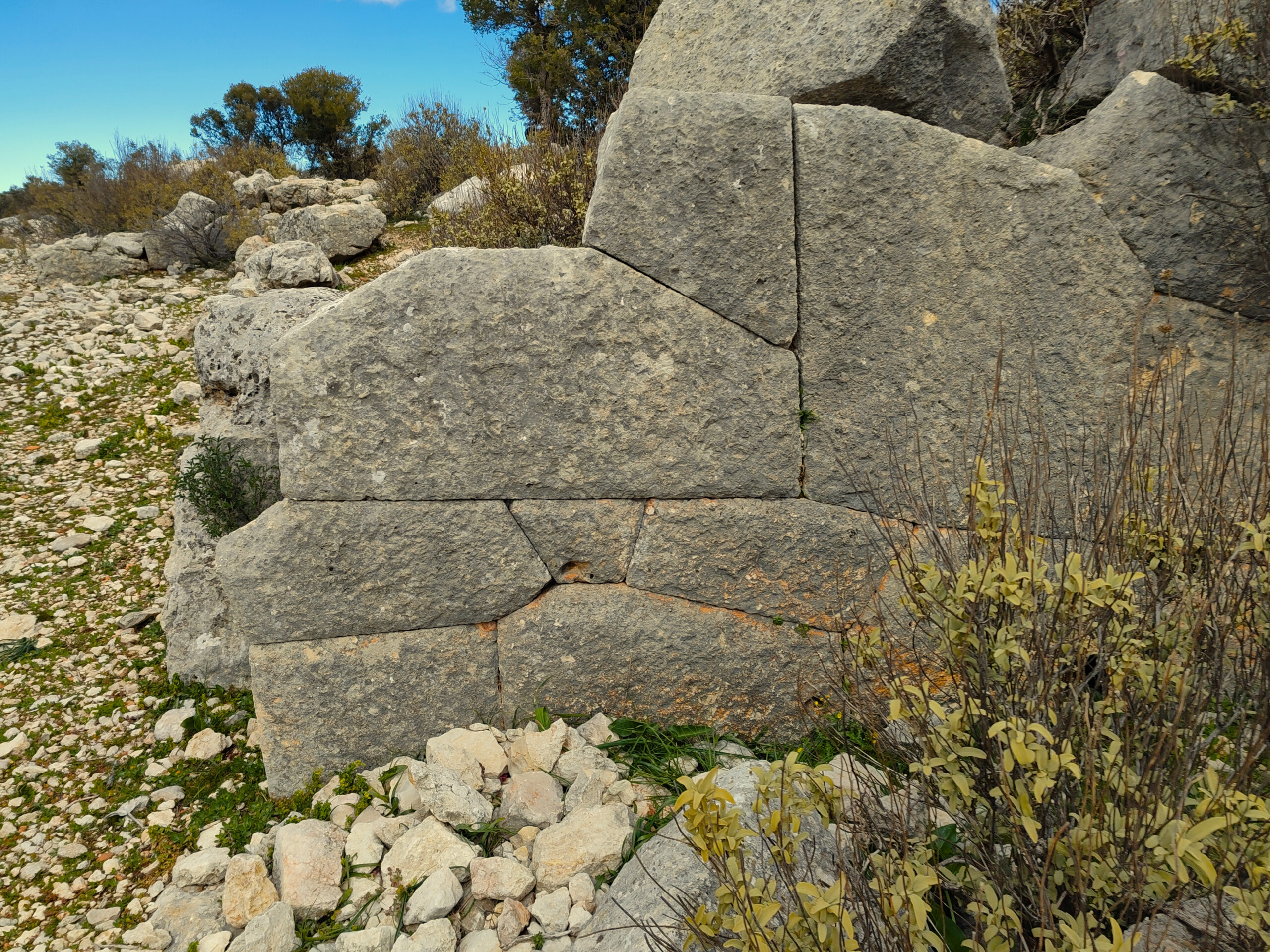
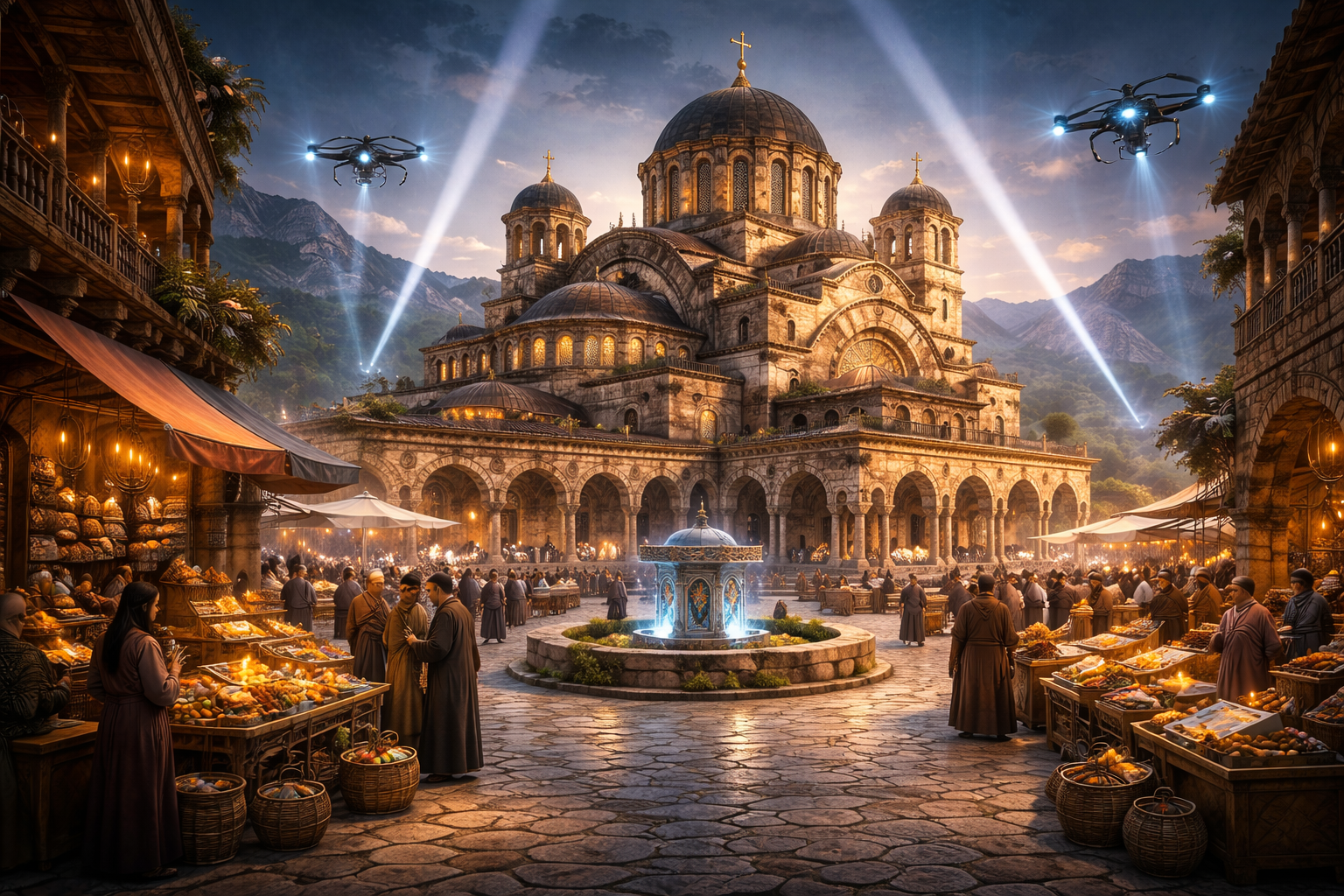


Leave a Reply